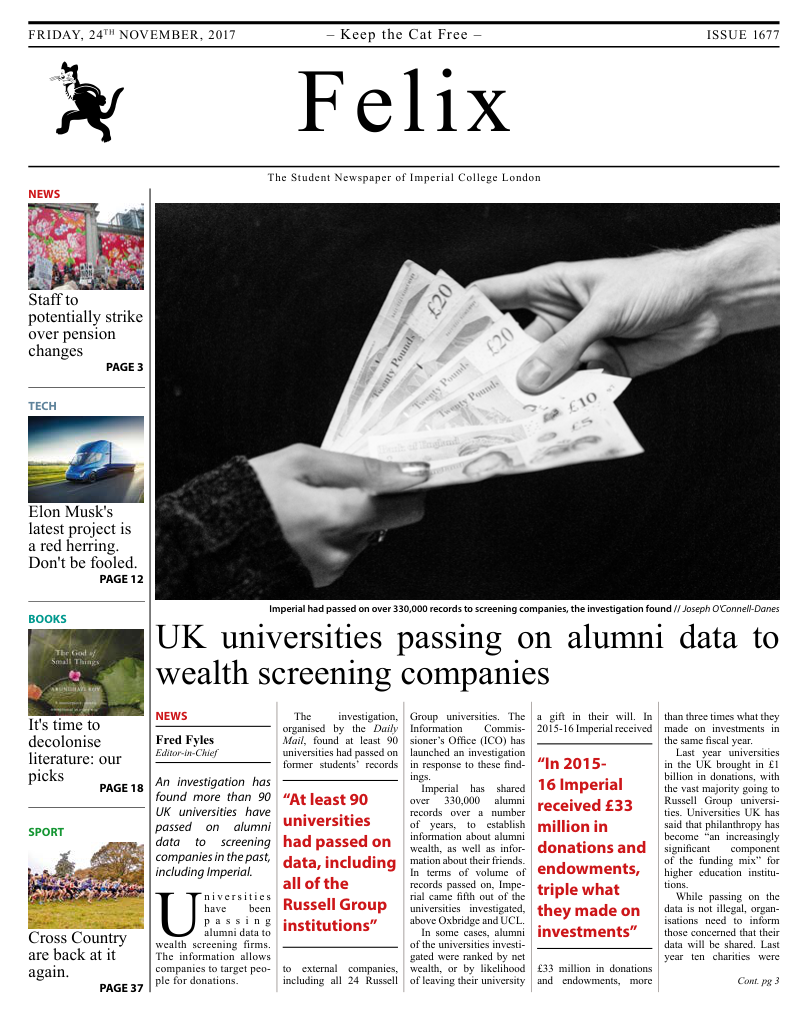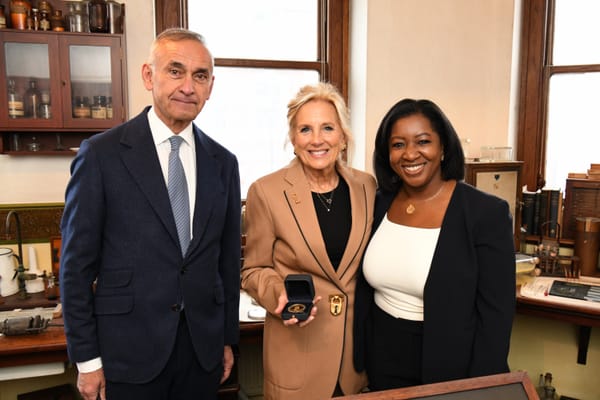Here’s what cis people can do to protect trans folks
Transphobic violence is on the rise, with 2017 being the deadliest year on record.

20th November marked Transgender Day of Remembrance, an annual memorialisation of those who lost their lives as a result of transphobic violence in the last year. A vigil was held in London, among many other cities, where the trans community and their allies paused to remember Paola, who was stabbed to death in Brazil; Mafe, who was tortured and shot in Colombia; Yadira, who was strangled in Mexico; Bianca, who was stabbed over 20 times in the Netherlands; Kenne, who was drowned in the USA; and another 320 trans people who were killed in 2017 alone. The people most targeted are trans feminine people of colour, who are likely to be subject to multiple different layers of oppression.
Exclusion, discrimination, and lack of representation put transgender and gender-variant people at risk every day, particularly trans youth.
A recent Stonewall survey shows that nearly 1 in 10 trans pupils have received death threats at school, while 84% say they have self-harmed and 45% have tried to take their own lives.
What I can tell you about the situation at Imperial is that this year I have already received reports of transphobic incidents, all of which I have taken very seriously and acted on, and of staff being unable to support trans students and address them using their preferred pronouns.
Just last year, a non-binary student was reportedly grabbed by the arms in an attempt to forcefully eject them from the women’s restroom of the Reynolds Bar. Additionally, students who belong to more than one minority group are those who are marginalised the most in the Imperial community, as highlighted in the gender equality report commissioned by College and released last year.
It’s ever so important that we do not just memorialise the people we’ve already lost and feel sad for those who face oppression on a daily basis. We should be striving to prevent more losses and to help trans people thrive, starting by educating ourselves. And by ‘educating ourselves’ I mean you have to do the work. In fact, placing the responsibility to educate on trans people is nothing more than wilful ignorance.
It’s fundamental to learn how to use pronouns correctly and find ways to avoid making assumptions about someone’s gender identity based on their gender expression. Step two is to start listening. Listen to transgender and gender-variant people and trust what they say about the challenges they have to face every day. Do not feel entitled to ask personal questions, but listen when trans people have something to say to you. Once you have an understanding of what issues are facing the trans community, speaking up on their behalf, challenging transphobic language or behaviour, and supporting campaigns for equality are all wonderful things to do as an ally.
However, no matter how good an ally you become, we all have a responsibility to keep unlearning what we have been taught for years, we have to keep dismantling the oppression we have internalised.
Today is a good day to start a continuing action that has the potential to save lives all around you.
Glossary
Transgender: umbrella term used to describe people whose gender identity differs from the sex they were assigned at birth.
Cisgender: a term used to describe people whose gender identity matches the sex that they were assigned at birth.
Non-binary: also genderqueer, is a catch-all category for gender identities that are not exclusively masculine or feminine — identities which are outside the gender binary. Gender variant: also gender nonconforming, is used to describe an individual whose gender expression does not match masculine and feminine gender norms.
Transphobia: a range of negative attitudes, feelings or actions towards transgender, including non-binary, or gender-variant people.









